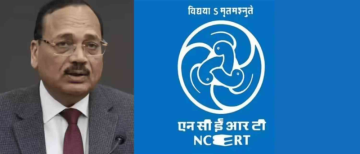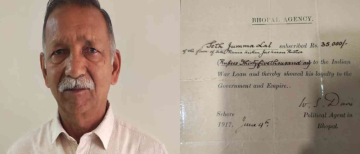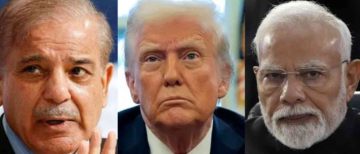In India's long history of politics, where ideas have clashed and power battles have been fierce, one person stands out for their quiet dignity and unwavering intelligence. The strong economist who became prime minister, Manmohan Singh, is a rare mix of academic intelligence and statesman-like ease. Leaving the Rajya Sabha for good after 33 years.
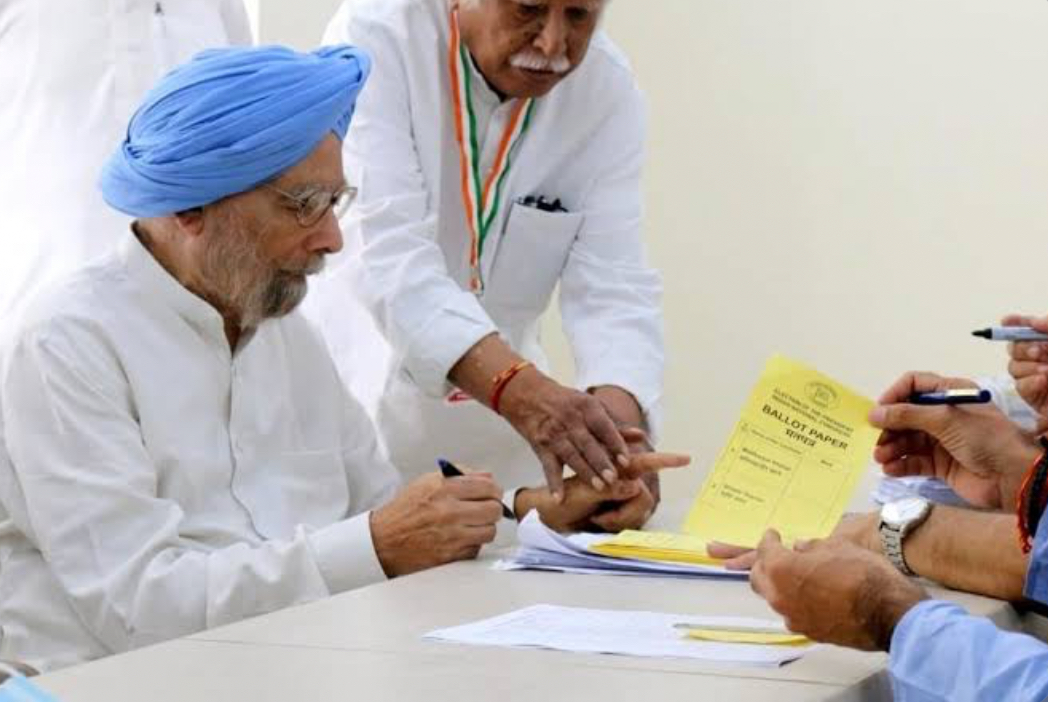
Manmohan Singh's Early Life, Academic Prowess, and Government Entry
Manmohan Singh was born on September 26, 1932, in Gah, West Punjab, which is now Pakistan. He was very interested in learning from a very young age. He worked hard in school and finally got his Master's in Economics from Punjab University. Singh continued his education at well-known schools such as Oxford University, where he got a DPhil in Economics in 1962, and Cambridge University in England, where he finished his Economic Tripos.
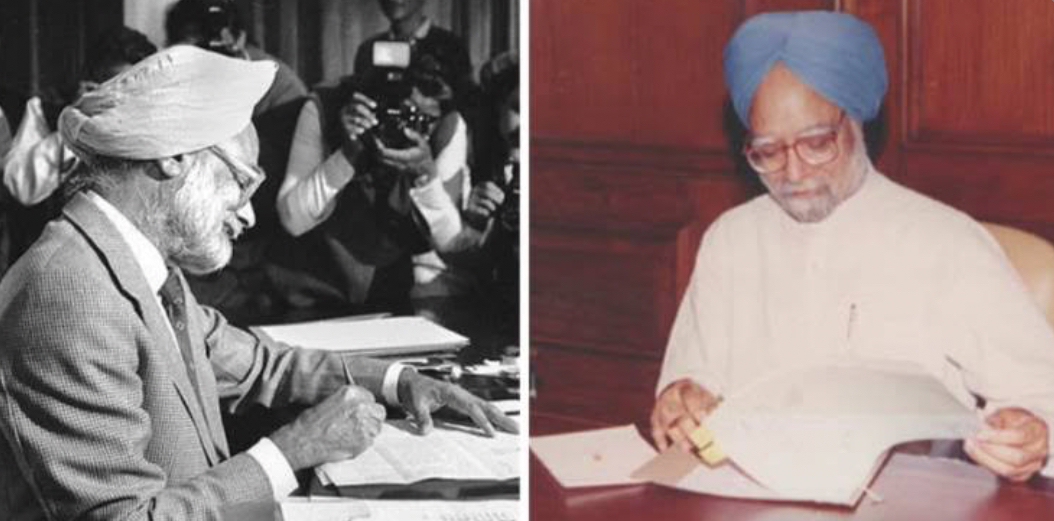
Before taking on a role in government, Singh worked as an economic assistant to the trade minister in 1971. His deep understanding of the economy and smart economic policies impressed those in power. This led to his becoming Finance Minister in the Narasimha Rao government from 1991 to 1996. Singh's time as Finance Minister was a turning point in Indian economic history.
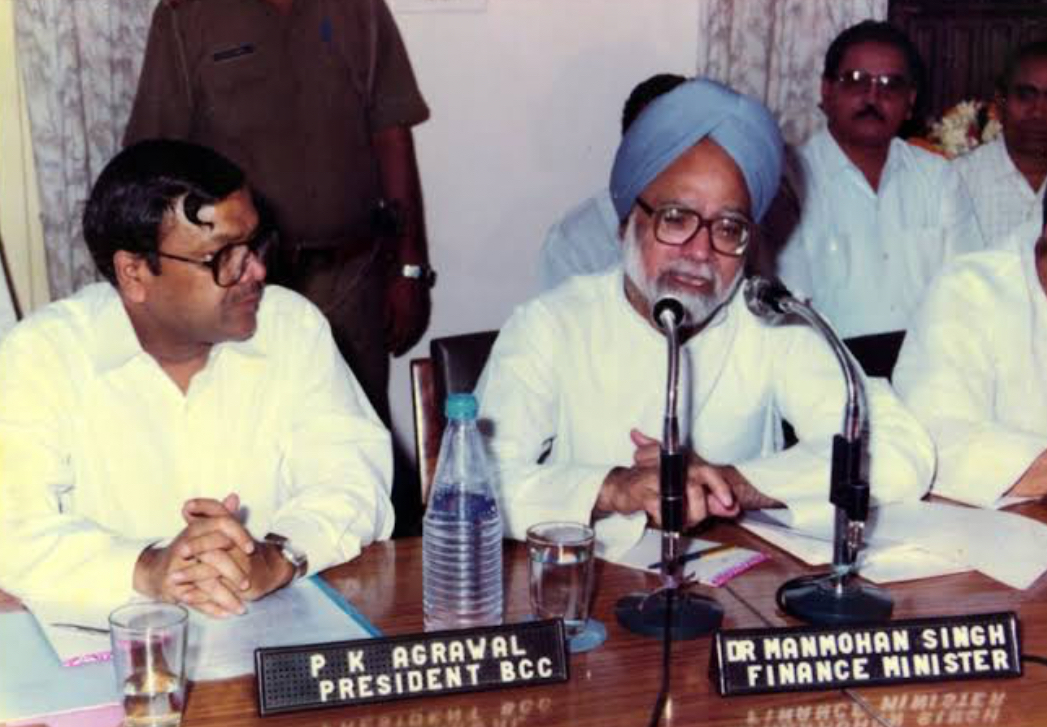
As Finance Minister, he led the country's move towards economic freedom. Singh was very important in stabilising India's economy, attracting foreign investment, and accelerating rapid economic growth. He did this by tearing down long-standing socialist policies and adopting market-based reforms. Thanks to his strategic changes, India became a major economic power in the world.
Prime Ministership and Leadership
Manmohan Singh became Prime Minister of India in 2004 and served two terms in a row until 2014. As Prime Minister, he focused on growth that worked for everyone, social welfare programmes, and keeping the economic changes going. People praised Singh for his calm demeanour and effective economic management during challenging times, including the global financial crisis of 2008.
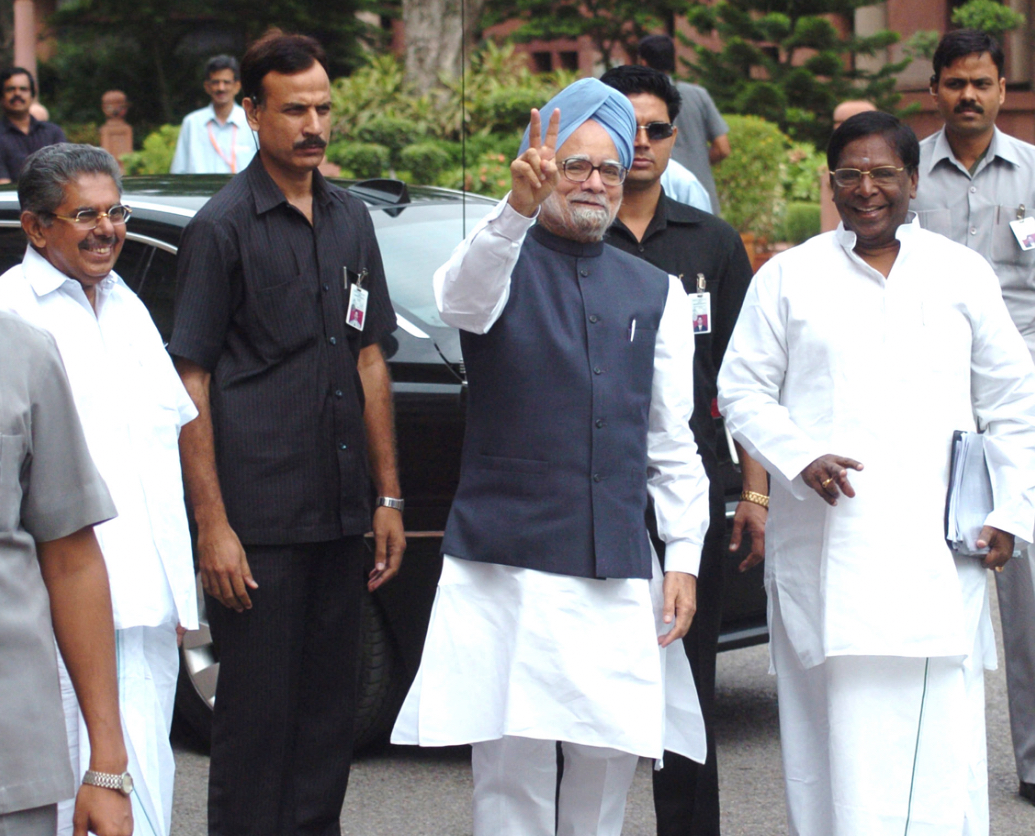
Singh was in charge of many important organisations during his political career. He was Governor of the Reserve Bank of India (RBI) from 1982 to 1985 and Deputy Chairman of the Planning Commission. He also made academic contributions. As Chairman of the University Grants Commission (UGC), he showed his dedication to education and study in even more ways.
Legacy and Impact
Manmohan Singh's legacy strongly links India's rise to global importance and its newfound economic growth. Many people think of him as the person who started India's economic liberalisation because he was a visionary leader who dealt with tough situations with grace and knowledge. A lot of people set high standards for public service leadership by stressing finding a consensus, involving everyone in policymaking, and moral leadership.
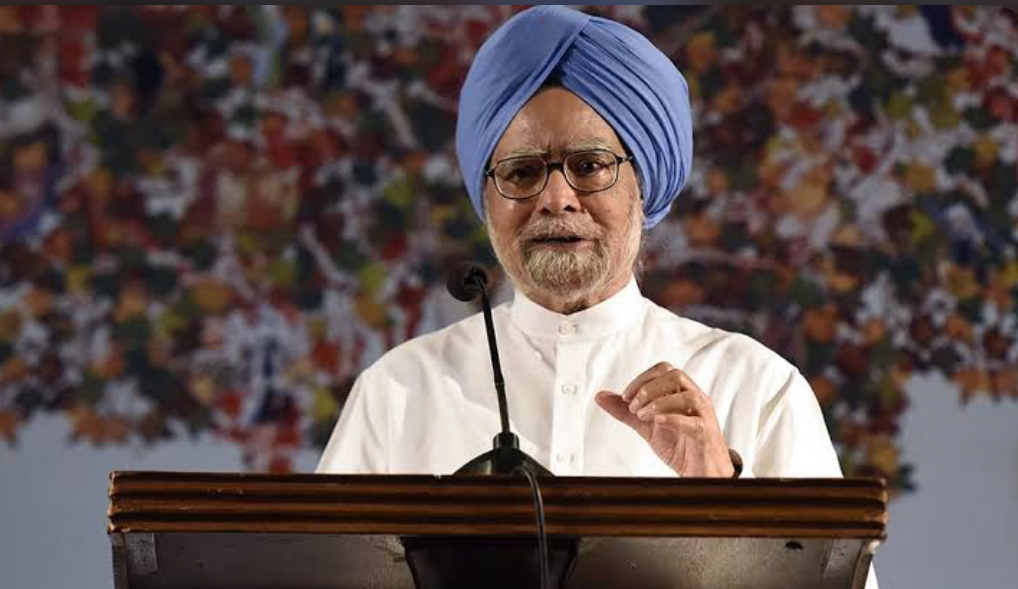
Despite his political success, people of all parties and from other countries respect Singh because he is honest, humble, and smart. This man's dedication to upholding democratic ideals, promoting international cooperation, and fighting for social justice will inspire students and lawmakers of the future.
Lastly, Manmohan Singh's rise from a scholar to a politician shows how important it is to have knowledge, honesty, and a strong desire to help the country. His Dignity Profile is a model for future leaders, and it reminds us of the lasting effects of moral leadership and public service.
Image Source: Multiple Agencies
(Inputs from agencies)
© Copyright 2024. All Rights Reserved Powered by Vygr Media.




